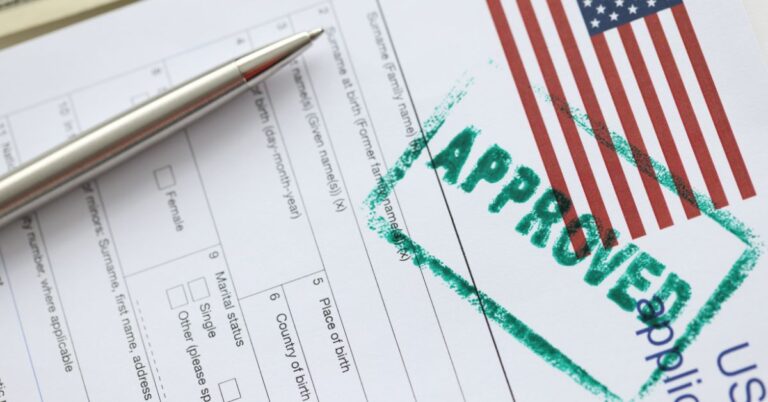While the internet in Pakistan has grown significantly in recent years, there are still some limitations and challenges that users may face. Some of these limitations include:
- Internet censorship: The Pakistan Telecommunication Authority (PTA) is known to block certain websites, including those with content deemed blasphemous, anti-Islamic, or promoting separatist movements. Additionally, some social media platforms, like YouTube, have been temporarily blocked in the past due to controversies over specific content.
- Limited internet access in rural areas: Although internet penetration has increased across the country, rural areas still lag behind in terms of accessibility and infrastructure. This digital divide can limit access to information, education, and economic opportunities for those living in remote regions.
- Internet speed and reliability: While urban areas in Pakistan have seen improvements in internet speed and reliability, some regions still experience slower speeds and connectivity issues. This can affect the overall online experience for users in those areas.
- Online surveillance and privacy concerns: The Pakistani government has been known to monitor online activities and communications, raising privacy concerns among citizens. This has led some users to turn to VPNs and other privacy tools to protect their online activities.
- Cybercrime and online harassment: As in many countries, cybercrime and online harassment are concerns in Pakistan. This includes identity theft, phishing, hacking, and online harassment, particularly against women and activists.
- Digital illiteracy: A lack of digital literacy can limit the effective use of the internet among the population, particularly for older generations or those with limited education.
- Affordability: Although the cost of internet services has decreased in recent years, it can still be unaffordable for some segments of the population, limiting their ability to access the internet.
Despite these limitations, efforts are being made to improve internet infrastructure, bridge the digital divide, and promote digital literacy in Pakistan. As the country continues to invest in its digital future, it is expected that these limitations will be gradually addressed.
A VPN will help, but not everything.
A VPN (Virtual Private Network) can help address some of the limitations of the internet in Pakistan by providing enhanced privacy, security, and access to blocked content. Here’s how a VPN can help with specific issues:
- Internet censorship: A VPN can help bypass internet censorship by connecting to a server in a different country, allowing users to access blocked websites and content. By routing internet traffic through an encrypted tunnel, a VPN can effectively mask the user’s IP address, making it appear as though they are located in the server’s country.
- Online surveillance and privacy concerns: A VPN encrypts users’ internet connections, making it more difficult for third parties, including government agencies, to monitor online activities or intercept sensitive data. By using a VPN, users can improve their online privacy and reduce the risk of surveillance.
- Cybercrime and online harassment: A VPN can provide an additional layer of security against cybercriminals and hackers by encrypting the user’s internet connection. This makes it harder for attackers to intercept sensitive data or track the user’s online activities. Additionally, a VPN masks the user’s IP address, making it more difficult for cybercriminals or harassers to target them based on their location.
- Access to geo-restricted content: Some websites and online services restrict access to content based on the user’s location. By connecting to a VPN server in a different country, users can bypass these geo-restrictions and gain access to content that may otherwise be unavailable in Pakistan.
However, it is important to note that a VPN cannot address all internet limitations in Pakistan, such as infrastructure issues, limited internet access in rural areas, digital illiteracy, or affordability concerns. A VPN is primarily a tool for enhancing privacy, security, and access to blocked content, and its effectiveness will depend on the specific VPN service and the user’s needs.
How to use vpn in Pakistan?
Using a VPN in Pakistan is relatively simple and involves the following steps:
- Choose a reputable VPN provider: Select a VPN service that has a good track record for privacy, security, and performance. Some popular options include FineVPN, ExpressVPN, NordVPN, CyberGhost, and Surfshark. Make sure the VPN service you choose has servers in the countries you want to access content from.
- Sign up for an account: Visit the VPN provider’s website and sign up for an account. Most VPN services offer various subscription plans, so choose the one that best suits your needs and budget.
- Download and install the VPN app: After signing up, download the VPN application for your device from the provider’s website or the appropriate app store (Google Play Store for Android, Apple App Store for iOS). Install the app on your device following the provided instructions.
- Launch the VPN app and sign in: Open the VPN application on your device and sign in using your account credentials.
- Connect to a server: Choose a server location from the list of available countries. If you want to access content from a specific country, select a server in that location. If you’re not sure which server to choose, many VPN apps have a “Quick Connect” or “Smart Connect” feature that automatically selects the best server for you.
- Verify your connection: Once connected to a VPN server, check your connection status within the app or visit a website like https://www.whatismyip.com/ to ensure your IP address and location have changed.
- Browse the internet: With your VPN connection active, you can now browse the internet securely and privately, access geo-restricted content, and bypass censorship.
Remember that using a VPN to access content that is illegal in Pakistan or to engage in any unlawful activities is not recommended and may have consequences. Always use a VPN responsibly and within the boundaries of the law.







